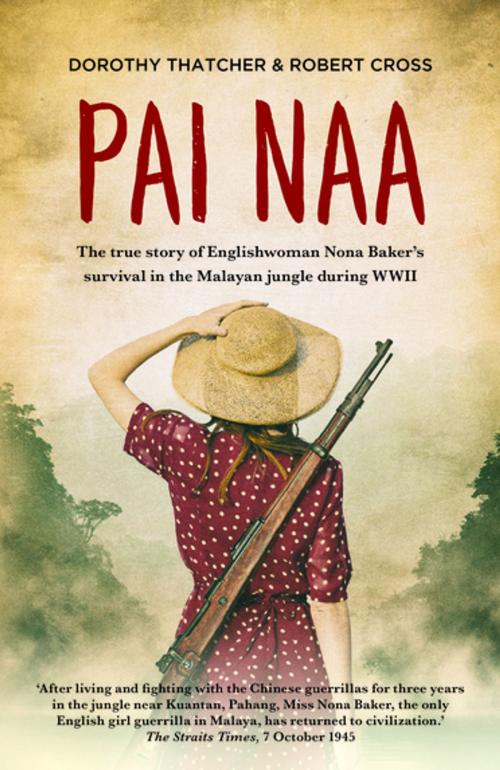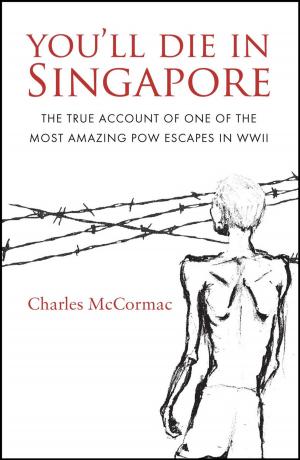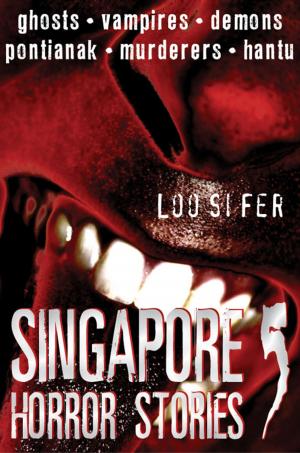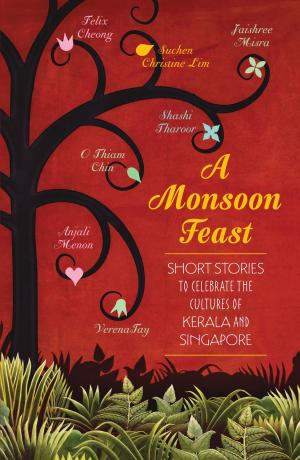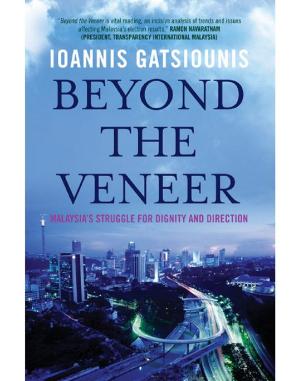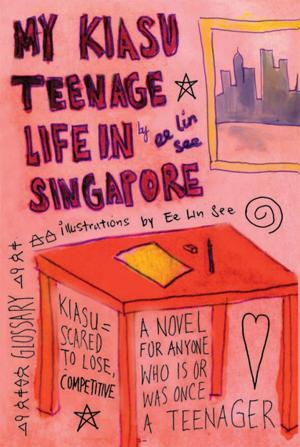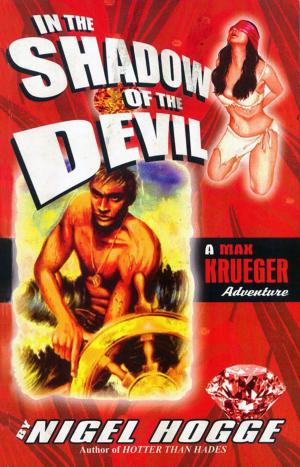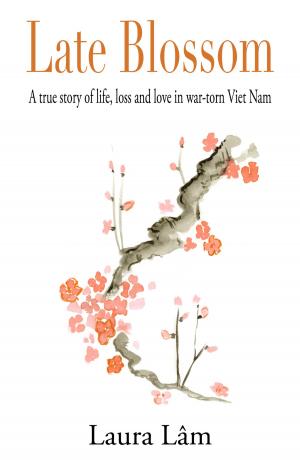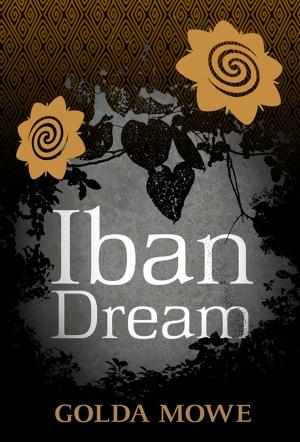Pai Naa
The true story of Englishwoman Nona Baker's survival in the Malayan jungle during WWII
Nonfiction, Travel, Asia, Southeast, Biography & Memoir, Historical| Author: | Dorothy Thatcher, Robert Cross | ISBN: | 9781912049073 |
| Publisher: | Monsoon Books Pte. Ltd. | Publication: | July 1, 2017 |
| Imprint: | Monsoon Books Pte. Ltd. | Language: | English |
| Author: | Dorothy Thatcher, Robert Cross |
| ISBN: | 9781912049073 |
| Publisher: | Monsoon Books Pte. Ltd. |
| Publication: | July 1, 2017 |
| Imprint: | Monsoon Books Pte. Ltd. |
| Language: | English |
By the time the British surrendered to the Japanese in February 1942 at the fall Singapore, nearly all white civilians had left Malaya. One remarkable exception to the white flight was Nona Baker, ‘a parson’s youngest daughter’ from Dunstable, Bedfordshire. Nona Baker and her brother, Vin, general manager of Sungei Lembing tin mine in Pahang, stayed behind in the Malayan jungle and were later adopted by Chinese guerrillas (who, after World War Two, would become the Communist terrorists of the Malayan Emergency). Against all odds, this remarkable, brave young woman, known as Pai Naa (White Nona), remained in the jungle for three years, avoiding capture by the Japanese and betrayal by spies before being delivered safely into the care of war hero Freddie Spencer Chapman. With hair cut short Nona Baker worked alongside the men while under constant threat of discovery and certain death, and with the men she suffered from malaria, dysentery, beriberi, hunger and, above all, fear.
By the time the British surrendered to the Japanese in February 1942 at the fall Singapore, nearly all white civilians had left Malaya. One remarkable exception to the white flight was Nona Baker, ‘a parson’s youngest daughter’ from Dunstable, Bedfordshire. Nona Baker and her brother, Vin, general manager of Sungei Lembing tin mine in Pahang, stayed behind in the Malayan jungle and were later adopted by Chinese guerrillas (who, after World War Two, would become the Communist terrorists of the Malayan Emergency). Against all odds, this remarkable, brave young woman, known as Pai Naa (White Nona), remained in the jungle for three years, avoiding capture by the Japanese and betrayal by spies before being delivered safely into the care of war hero Freddie Spencer Chapman. With hair cut short Nona Baker worked alongside the men while under constant threat of discovery and certain death, and with the men she suffered from malaria, dysentery, beriberi, hunger and, above all, fear.
